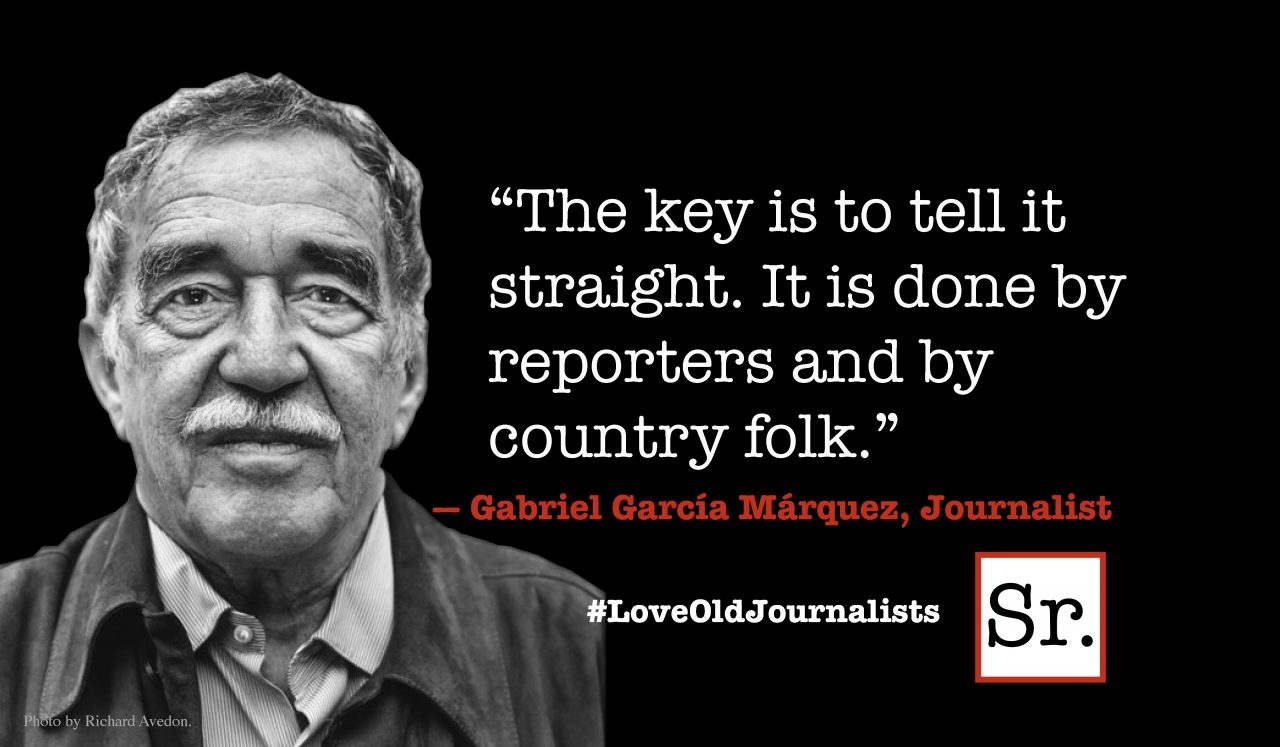Tony Nicklinson died in England. It was bittersweet — bitter because he was only 58 and had lived the last six years of his life locked inside a body that allowed only his brain to function normally; sweet because he had wanted to die. He had taken England to court to allow him to die of doctor-assisted suicide, but they had refused his plea. He refused food, caught pneumonia and died peacefully 10 days later with the full consent and understanding of his wife and children.
In a battle between immortality and death, everyone knows that death will always win. Yet some countries, including most of the states in the United States, go to very extreme lengths and endless expense to force immortality upon those who wish it, as well as those who don't. Only three states in the United States — Oregon, Washington, and Montana — allow assisted suicide. What we allow our dogs, cats and other beloved pets, we do not allow our suffering humans.
Los Angeles Times reporter Steve Lopez has written several columns agonizing over the excruciatingly slow death of his father. Watching it first hand made him vow not to die like that. He observed that, "Hanging on seems to be the norm in our culture, thanks to advances in medical technology and the widely held opinion that death is optional." We diagnose diseases such as Parkinson's and dementia, while other cultures might use the simple diagnosis of "old age." University of Hawaii professor emeritus S. Cromwell Crawford pointed out that, "We've got the money and we're spending it, but is this the right thing we're doing morally?"
Eskimos might put their elderly out on ice floes; the Jains of India practice "sallekhana" — starving oneself to death at the time one decides is right — and think of it as "a good and honorable death." In looking for a place sympathetic to dying, Whitney Braun, a bioethicist at Loma Linda University Medical Center, noted that "Though you'd think religious societies would be more comfortable with death, in some respects it's the nonbelievers who have better hospice centers and more end-of-life options."
Living isn't easy, but dying in many countries, especially the United States, can be harder. Death is the norm in nature for everything that lives. Indeed, there is a certain beauty in fulfilling the natural cycle of life and death. But the quest for immortality eats up the major chunk of Medicare, as well as the hearts and minds of the families who tearfully maintain a vigil by the bedsides of their loved ones, watching them die piece by piece, function by function.
I remember an old Star Trek program where the society had evolved to the point where the bodies had disappeared and only the brains were left. If there were technology that would keep the brains from deteriorating, perhaps then immortality would make sense. Without that possibility, let nature take its course.








